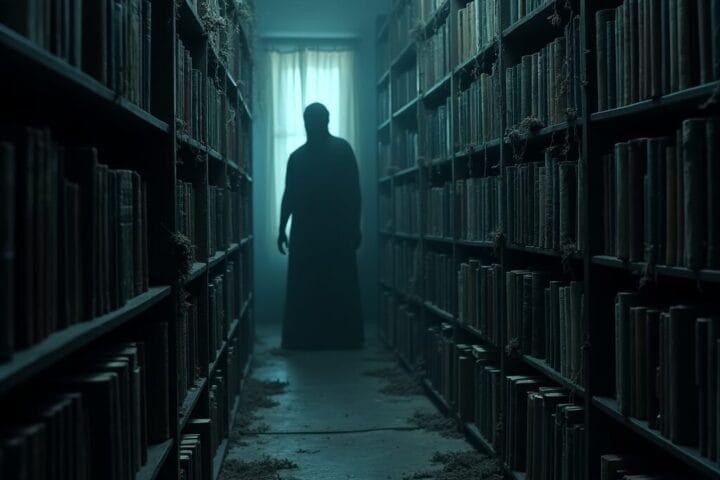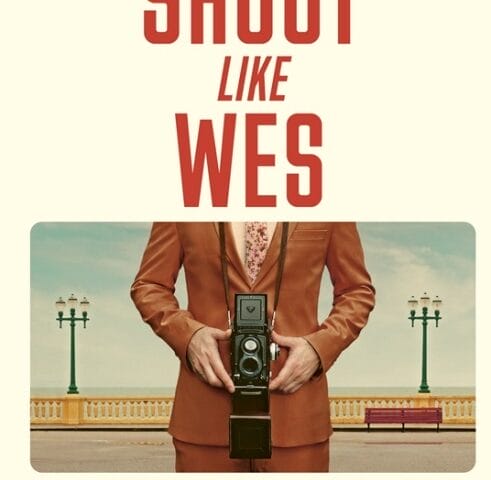True crime is a genre of nonfiction documentary in film, literature and podcasts formats. Based on a true stories the authors examine an actual crime, and delve into the facts of the events in detail, usually with an investigative approach.
The crimes covered can be of any nature, but the ones that prevail, with close to half (44%) of the true crime productions, concern rare and deeply unpleasant serial killer incidents.
The first true crime account that is known of, is a book that dates back to 1617 written by Zhang Yingyu, titled The Book of Swindles. It is a compilation of real frauds that took place during the Ming dynasty.
In 1827, Thomas De Quincey wrote the book, On Murder Considered as One of the Fine Arts.
Other renowned literary works that fall into this category include Thomas De Quincey‘s On Murder Considered as One of the Fine Arts from 1827, In Cold Blood, by Truman Capote published in 1966, and The Executioner’s Song, by Norman Mailer from 1979.
This genre has been further popularized with the availability of streaming platforms.
Girl in the Picture or My Daughter’s Killer, both released in 2022.
In recent years, the true crime documentary genre has surged in popularity. The runaway success of Making a Murderer, The Jinx and The Staircase have all drawn millions of viewers and sparked conversations across the world. With captivating stories that are often stranger than fiction, true crime documentaries can offer insight into some of society’s most dark and disturbing issues.
At their core, these types of documentaries explore the motivations behind criminal behavior – what drives people to commit these terrible crimes? In addition to this, they provide an opportunity to discuss complex legal systems, how justice is served (or not served) and how people can be wrongfully convicted. There are even cases where a true crime documentary has helped exonerate an innocent person.
The genre has become so popular because it is incredibly engaging – with each episode or season focusing on one case, audiences can connect emotionally with the victims and follow the twists and turns of a criminal investigation as though it were unfolding in real time. To add to this suspenseful narrative style, many true crime documentaries rely heavily on dramatic reenactments which help bring the story alive for viewers.
There are countless examples of successful true crime documentaries that have left audiences gripped from start to finish. Many focus on unsolved cases where justice was never served such as Serial and Catching a Killer; while some focus on high-profile events that rocked entire communities like Wild Wild Country or Making A Murderer. There are even documentaries about serial killers including Don’t F**k With Cats: Hunting An Internet Killer and My Friend Dahmer which offer fascinating insights into twisted minds.
The genre’s immense popularity shows no sign of slowing down anytime soon – if anything it appears to be growing thanks to streaming services like Netflix producing more original content. For better or worse, there will always be people interested in learning more about why some individuals go down dark paths and commit horrific acts against society’s most vulnerable members. True crime documentaries serve as windows into these stories – if nothing else they provide an opportunity for viewers to understand humanity’s capacity for darkness, recognize injustices in our legal systems and perhaps find resolution for cases that remain unsolved or unresolved for decades or longer.









